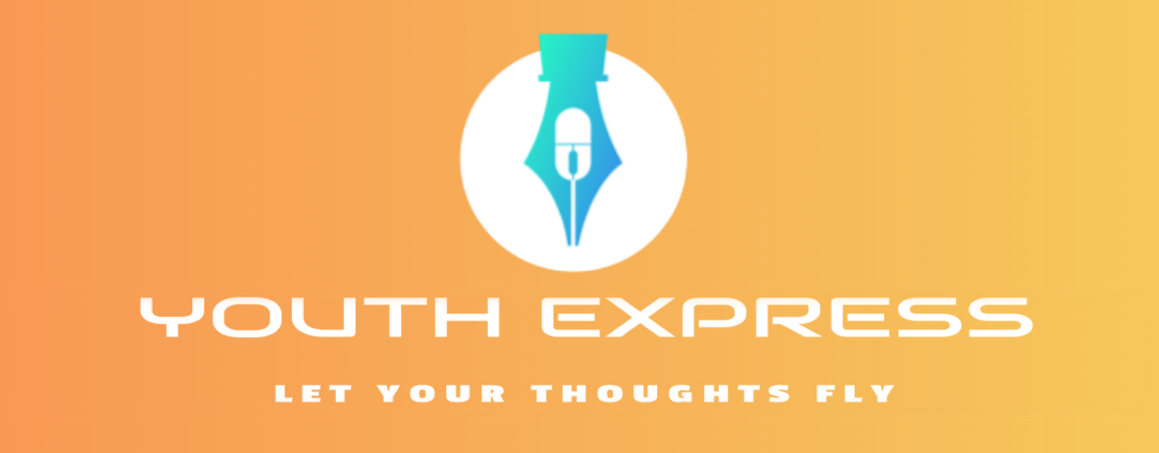The role of youth in sustainable communities is crucial for achieving the global goals of environmental, social, and economic well-being. Youth are not only the future leaders but also the present agents of change who can contribute to the development of resilient and inclusive societies. Youth have the potential to innovate, collaborate, and mobilize for collective action, as well as to raise awareness and advocate for the issues that matter to them and their communities. Therefore, it is essential to empower youth with the knowledge, skills, and opportunities to participate in the decision-making processes that affect their lives and to foster their sense of belonging and responsibility toward the common good. For example, youth can engage in community-based projects that address local challenges such as waste management, energy efficiency, food security, or social inclusion. Youth can also join global networks and platforms that connect them with peers and mentors from different backgrounds and cultures, and that offer them resources and support to amplify their voices and actions. Youth can also influence policy-making by participating in consultations, dialogues, and campaigns that advocate for their rights and interests, and that hold governments and other stakeholders accountable for their commitments and actions.
Sustainable communities are not only a beautiful word, but also a real opportunity to create a better future for our country. There are more than 2,000 communities in Lithuania that actively participate in the life of their area, nurture cultural heritage, promote a green lifestyle, and contribute to economic growth.
The practical conference “Empowering Sustainable Communities: Green Lifestyle, Cultural Heritage and Economy” was held this week and attracted a large number of participants from all over Lithuania. At the conference, representatives of the Seimas, the Ministry of Culture, communities, informal education, communities, and non-governmental organizations shared their insights.
Member of the Seimas Kasparas Adomaitis, who is an enthusiast of sustainable communities and an initiator of environmental projects, emphasized that the most important thing is the agreement between community members on common goals and values and presented practical examples of how similar situations related to fishing were resolved in Lithuania and Turkey. According to a member of the Seimas, sustainable communities are not only useful for their members but also for society as a whole. They contribute to social cohesion, regional development, and climate protection.
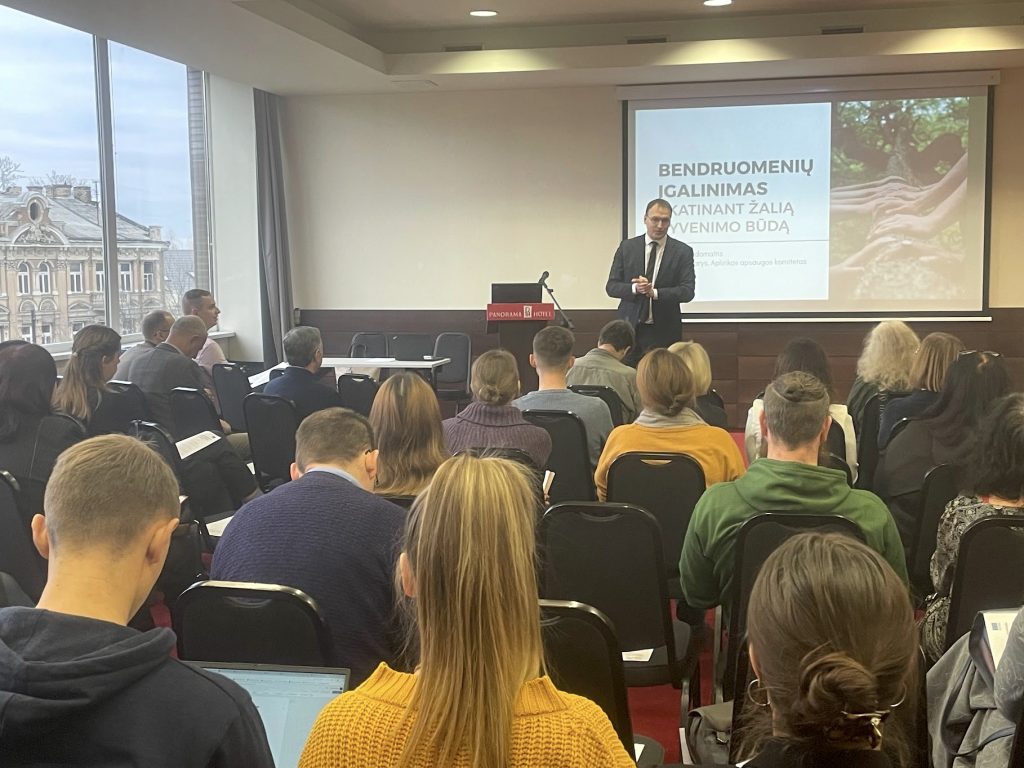
An inspiring example, according to Donata Armanavičienė, representative of the Department of Cultural Heritage under the Ministry of Culture, is the community of Daunorių region “Ažu Tauragnų”, which in two years implemented many projects related to local history, culture and social responsibility. The members of the community built a cross and gates in the cemetery, restored the church gates and paintings, rebuilt the chapel pillar, arranged the vicarage and the church environment, published books in the local dialect and ethnography, created a social business – a pleasure boat on Lake Tauragno and invested the profits in the support of large families and elderly people.

Neringa Kleniauskienė, the chairperson of the Union of Vilnius Community Organizations, shared that the Balsiai community as one of the most active communities in Vilnius has contributed to the well-being of the community with its activities: it has installed the Balsiai mythological park, the sensory square, the Balsiai stadium; they are finishing to repair the Balsiai community house, where various educational activities are held for both children and for adults, also there is a small library, an eco-social shop “Vienas kitam” (For Each Other), where people’s donated items that are still suitable for a new life are sold, and the funds received from their sale are allocated initially to the development of community house and activities, and then to social assistance in difficult situations to the people who find themselves.
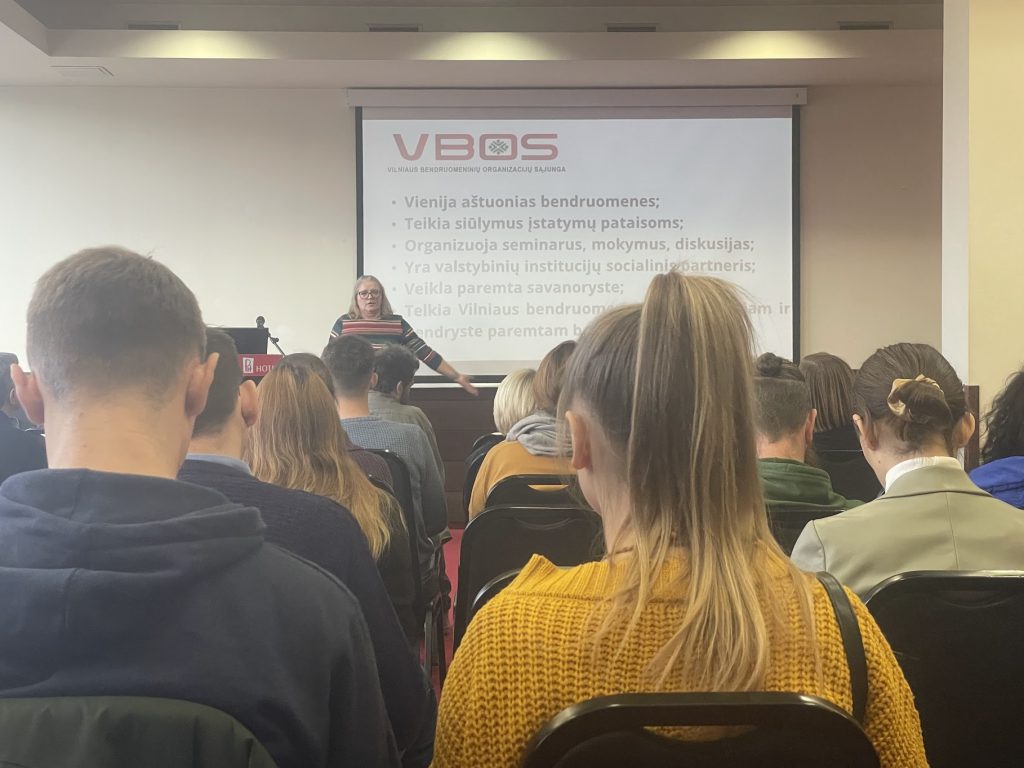
Laura Galdikaitė, Coordinator of the Erasmus+ project “Developing Empowered Sustainable Communities: Green Lifestyle, Cultural Heritage & Economy” (DESC), shared the experience of the international project: that it is extremely important to present practical examples and recommendations, to create and develop sustainable communities, integrating green lifestyle, cultural heritage and economy. The beginning of everything is education – that’s why, together with partners from Ireland, Italy, Turkey, Greece, and Spain, they created a training manual, a guide for educators, and an e-learning platform for acquiring the necessary knowledge and skills.
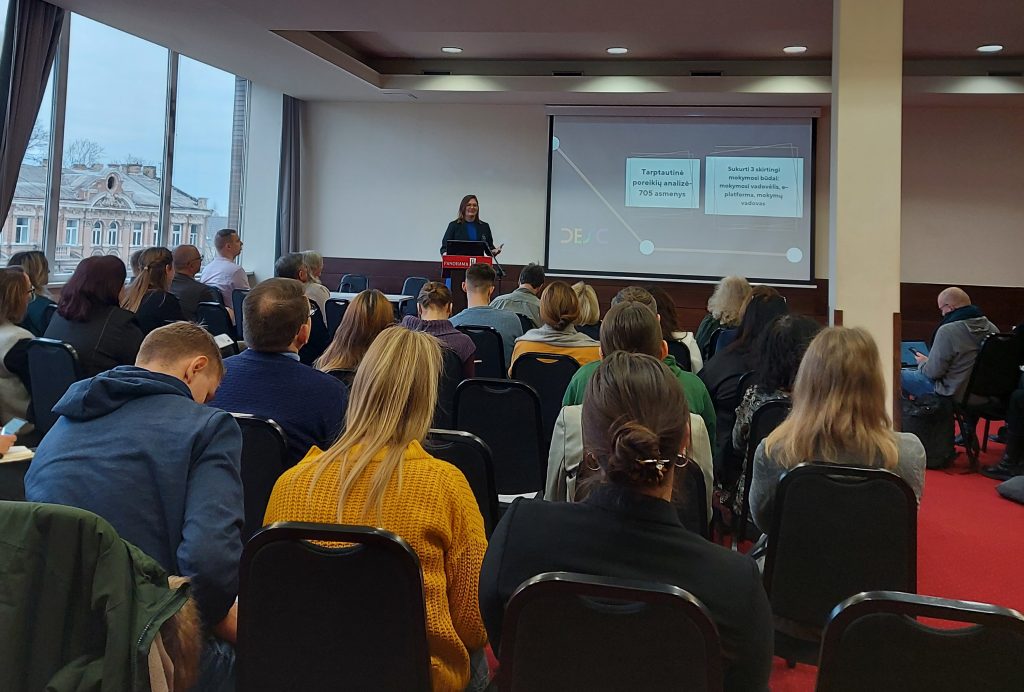
Rasa Žilionė, head of VšĮ “Žinių kodas” (Knowledge Code), ambassador of the European Climate Pact, expressed her hope that communities and organizations will become more sustainable and actively contribute to Europe’s goal of becoming a climate-neutral continent by 2050.

Vaiva Gudaitytė, Project Coordinator of the Innovation Office, revealed that in order for communities to become sustainable, they should actively contribute to the Sustainable Development Goals (SDGs), which the United Nations has planned to be implemented by 2030. According to Vaiva Gudaitytė, the currently ongoing Erasmus+ projects “SDGs Tackler Toolkit”, “Forest Youth”, “Gamification, Digitalization and Practical Tools for Developing Circular Economy Skills” contribute to various Sustainable Development goals, one of the most important of which is education. Without the implementation of this goal, the implementation of other Sustainable Development goals is practically impossible.
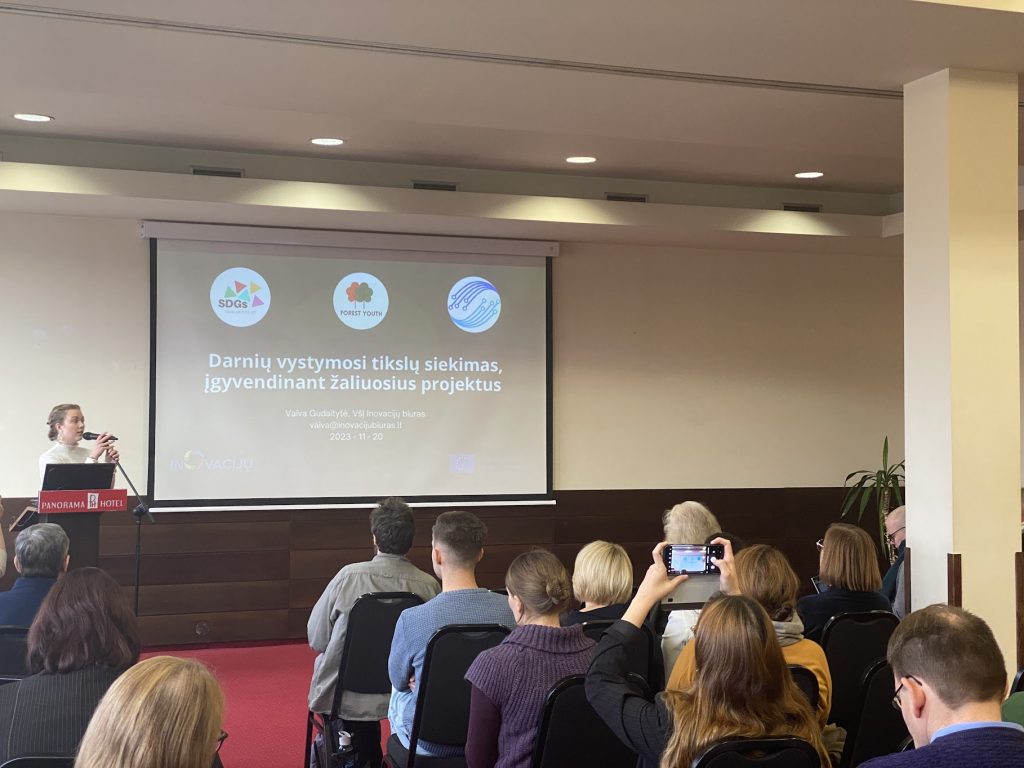
The conference participants agreed that the creation and strengthening of sustainable communities is a long-term and complex process that requires not only enthusiasm and initiative, but also competencies, financing and institutional support, and the activities of sustainable communities are valuable and beneficial both to the communities themselves and to society as a whole. They not only promote citizenship, solidarity, creativity, innovation, but also create comprehensive well-being for current and future generations.
The conference was organised as a part of the Erasmus+ project “Developing Empowered Sustainable Communities: Green Lifestyle, Cultural Heritage & Economy” (DESC). Project results can be found on the DESC project’s website https://desc.eduprojects.eu/
Funded by the European Union. Views and opinions expressed are however those of the author(s) only and do not necessarily reflect those of the European Union or the European Education and Culture Executive Agency (EACEA). Neither the European Union nor EACEA can be held responsible for them.
